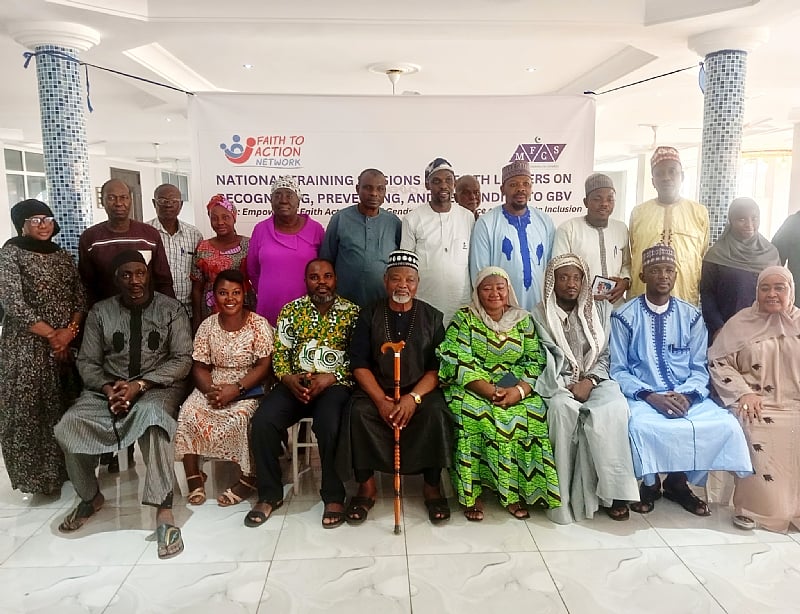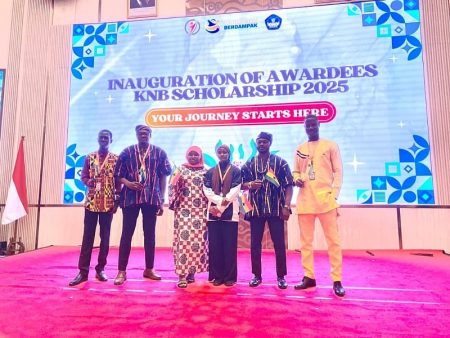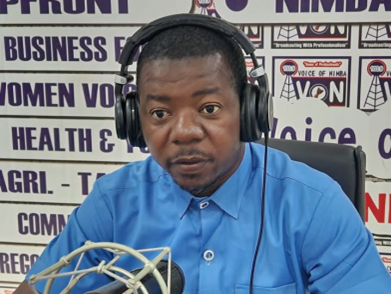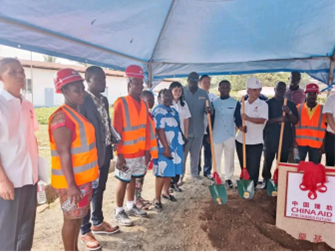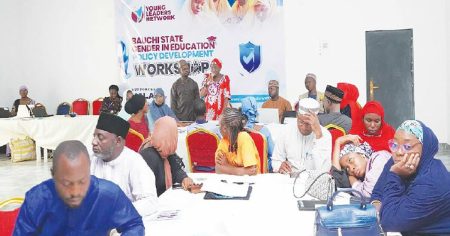Sexual and Gender-Based Violence (SGBV) remains a pervasive global issue, demanding urgent attention and concerted action. In Ghana, faith-based and traditional leaders have risen to this challenge, recognizing their pivotal role in combating this deeply ingrained problem. A recent two-day capacity-building workshop, held in Kumasi, underscored their commitment to fostering a united front against SGBV, equipping these influential figures with the knowledge and tools necessary to advocate for change within their communities. The workshop, organized by Muslim Family Counselling Services (MFCS) on behalf of Faith to Action Network, brought together a diverse group of religious and traditional leaders, signifying a powerful alliance in the fight against SGBV.
The workshop served as a crucial platform for enhancing understanding of SGBV among faith and traditional leaders, many of whom, despite their influence, lacked a comprehensive grasp of the issue’s multifaceted nature. Expert presentations delved into the various types of SGBV, effective prevention and intervention strategies, and methods for raising awareness within communities. The legal and policy frameworks surrounding gender-based violence in Ghana were also examined, providing participants with a solid foundation for advocating for policy changes and holding perpetrators accountable. This comprehensive approach aimed to empower leaders to address SGBV not only as a legal or social issue but also as a moral imperative.
The urgency of the situation was underscored by the alarming statistics presented during the workshop. Global figures paint a grim picture, revealing that millions of women and girls experience physical or sexual violence in their lifetime. In Ghana, the situation is equally concerning, with reports indicating a high prevalence of gender-based violence among children and women. These figures served as a stark reminder of the devastating impact of SGBV and the urgent need for collective action. Faith and traditional leaders recognized these statistics as a wake-up call, prompting them to commit to leveraging their influence to combat this pervasive problem.
The commitment of faith leaders, such as Rev. Father Richmond Darko Yeboah, highlights the importance of interfaith collaboration in tackling SGBV. Rev. Yeboah’s pledge to sensitize his congregation through every available means demonstrates the potential of faith-based institutions to reach a wide audience and promote positive change. His call for stronger collaboration between faith and traditional leaders emphasizes the need for a united front, combining the strengths of both institutions to address this complex issue. This collaborative approach recognizes that addressing SGBV requires a multi-pronged approach, engaging all segments of society.
The workshop also emphasized the crucial role of advocacy in driving policy changes and creating a more protective environment for victims of SGBV. Mohammed Bun Bida, Executive Director of MFCS, stressed that while faith and traditional leaders hold considerable sway within their communities, many require greater understanding of what constitutes SGBV. The workshop addressed this gap, equipping leaders with the necessary knowledge to identify and address instances of violence. Bun Bida highlighted the potential of these leaders to become powerful advocates for change, pushing for policy reforms and challenging harmful cultural norms that perpetuate SGBV.
The workshop concluded with a renewed sense of purpose and a commitment to collaborative action. Participants pledged to become more vocal advocates within their communities, ensuring that SGBV is addressed as a moral, social, and legal issue. This commitment reflects a growing recognition that combating SGBV requires a holistic approach, engaging all stakeholders and addressing the underlying causes of violence. The workshop served as a catalyst for change, empowering faith and traditional leaders to become agents of transformation in their communities and contribute to the national effort to eradicate SGBV in Ghana. The inclusion of participants from neighboring countries like Togo, Nigeria, and Sierra Leone further emphasizes the regional scope of the issue and the importance of cross-border collaboration in addressing this shared challenge.





